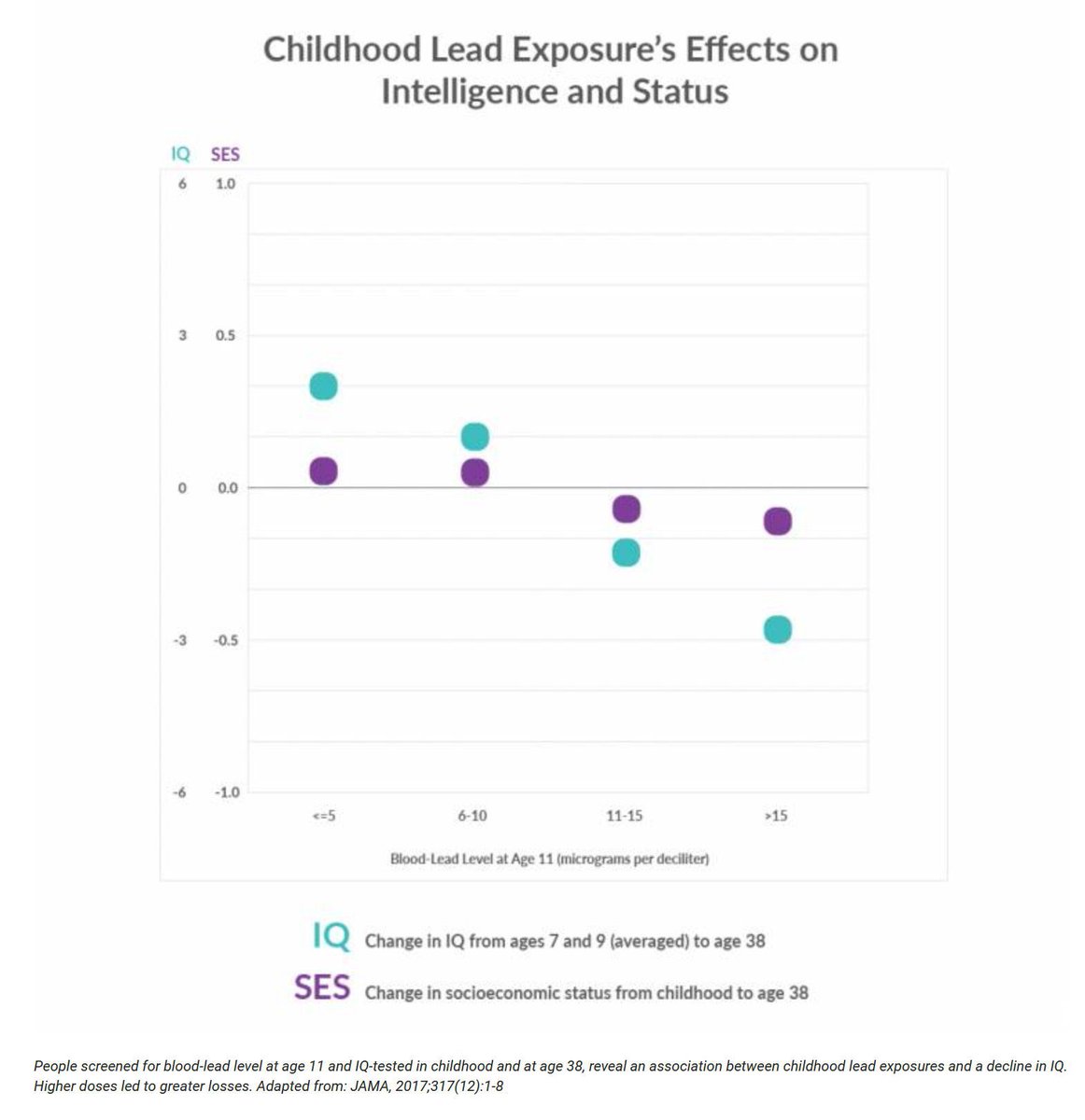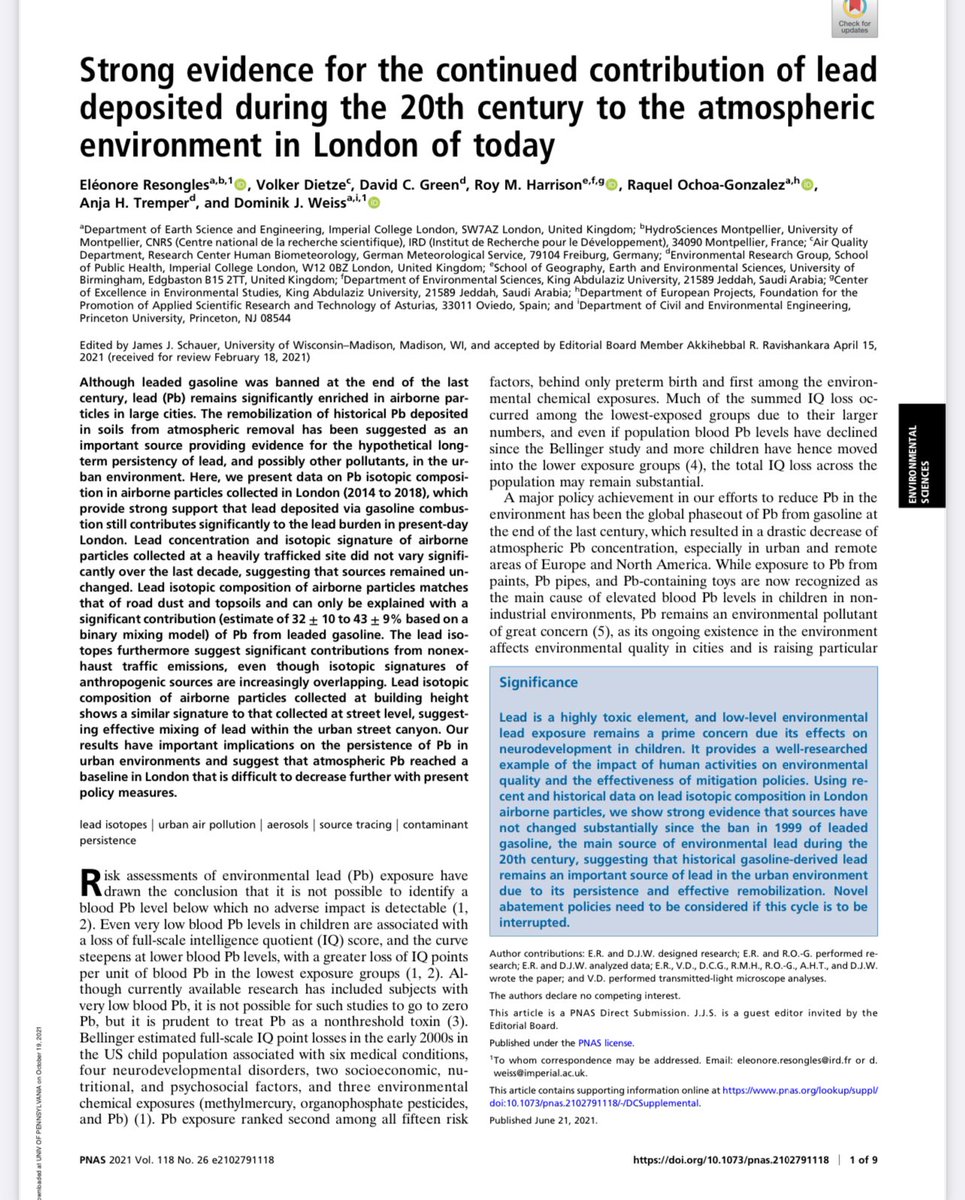
Expert critics are dead inside. People become experts in things they love, but by doing so, they lose their sense of joy: "Across seven studies... we found consistent evidence that expertise leads to emotional numbness"
Refocusing on your emotional reactions brings the joy back!
Refocusing on your emotional reactions brings the joy back!

Basically this.
Here's the paper: academic.oup.com/jcr/article/48…. And anyone who wants to nitpick the data and methods should obviously instead refocus on the emotional highs that reading academic papers originally gave them 😜 

Another way expertise makes you more of a bummer to be around: you can more easily see the flaws in ideas, rather then just being excited by their potential 👇
https://twitter.com/emollick/status/1294605399874772997
• • •
Missing some Tweet in this thread? You can try to
force a refresh






















